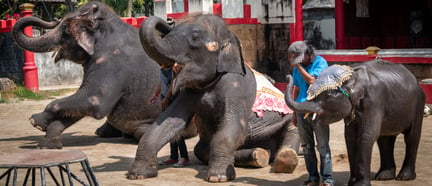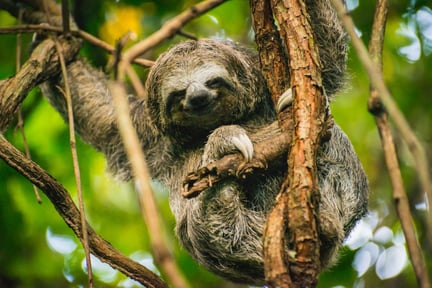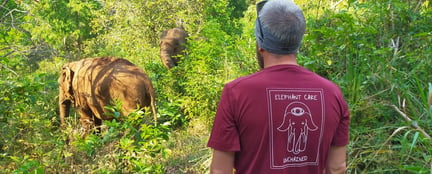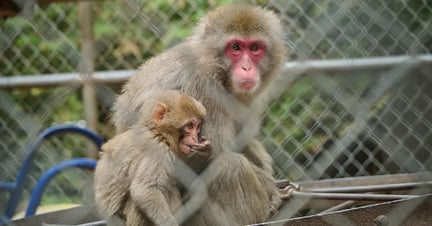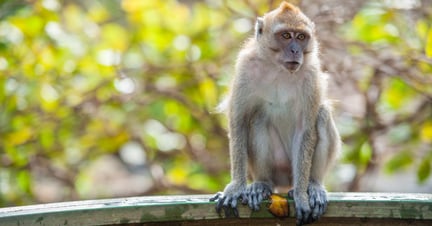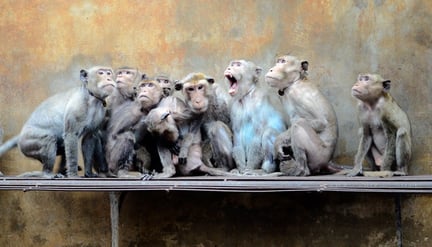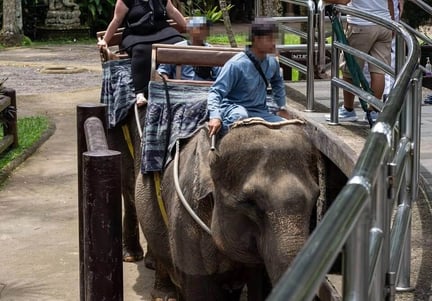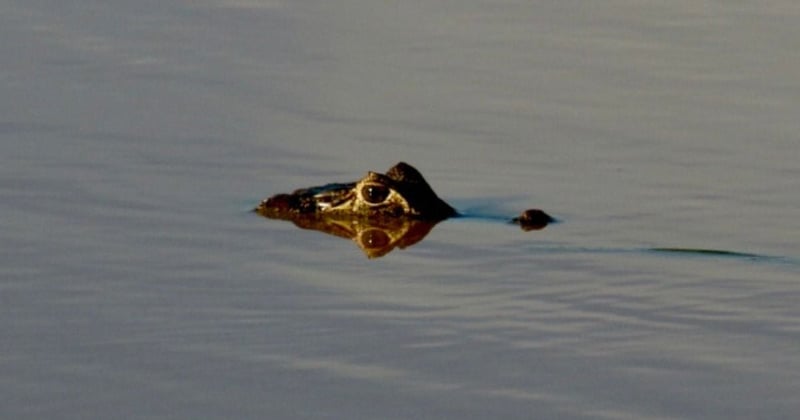
Influencer slammed for grabbing crocodile in viral stunt
News
Canadian influencer's behaviour condemned for promoting dangerous and irresponsible wildlife tourism
A Canadian social media influencer, named Colton Macaulay, has sparked outrage after posting a video of himself handling a freshwater crocodile in northern Australia.
The footage, now removed, shows Colton Macaulay wading into a creek at night and grabbing a young crocodile by the neck while it thrashes and cries out in distress.
The video, titled Catching crocodiles in Australia, was widely shared across platforms and attracted strong backlash from animal welfare advocates, wildlife experts and the public.
'Cruelty for the sake of content'
Ben Pearson, Country Director at World Animal Protection Australia, said:
This is cruelty for the sake of content. Crocodiles are not playthings, they're not there to amuse us or be used for a social media stunt. This is exactly the sort of irresponsible behaviour that puts wildlife and people at risk.
Dangerous behaviour encourages copycat tourism
While freshwater crocodiles are generally less aggressive than saltwater species, they are still wild animals.
Attempting to catch or restrain one poses a serious risk to both the animal and the person involved.
The real concern lies in the ripple effect. With millions of followers across his social platforms, Macaulay's stunt sends a dangerous message.
It encourages others to see wild animals as entertainment and trivialises the stress and harm caused by such encounters.
Wildlife is not a prop for entertainment
In the footage, the crocodile emits high-pitched distress sounds while Macaulay mocks it in a voice-over, stating: 'Maybe that's the sound they make when they decide to cry like a little b***h.'
This kind of language dehumanises the animal and turns its suffering into spectacle. It reinforces the idea that wild animals exist for our amusement, rather than as sentient beings deserving of respect and protection.
Handling wildlife without a permit is illegal
In Australia, handling crocodiles without a permit is illegal. Permits are issued only under strict conditions for qualified individuals conducting research or conservation work.
Penalties for breaching wildlife laws can include fines of up to A$200,000 and prison sentences of up to five years, depending on the state.
As an international visitor, it is extremely unlikely that Macaulay had any authorisation to carry out this act.
Social media platforms must do more
This incident highlights the need for stronger accountability on social media platforms. Influencers who promote unethical and illegal wildlife encounters are fuelling an exploitative industry that thrives on suffering.
Until platforms consistently remove harmful content and hold creators accountable, animals will continue to pay the price for online popularity.
We encourage supporters who find harmful content like this online to report it directly to the Social Media Animal Cruelty Coalition.
A call for responsible tourism
Wild animals belong in the wild, not in our hands or on our screens for entertainment. Tourists have a responsibility to respect the animals and ecosystems they encounter. Influencers, in particular, must lead by example.
The crocodile in this video was not dangerous. It was frightened. And it should have been left alone.
We urge travellers everywhere to choose ethical experiences that do not involve direct contact with wild animals.
Only by rejecting these harmful interactions can we begin to build a world where animals are treated with the compassion they deserve.
Related content
Protecting wildlife in travel & tourism
Wildlife
Would a real responsible traveller have captive wildlife entertainment on their wish list?
Animal Sentience
At World Animal Protection sentience is at the heart of everything we do, click to find out more.
Wildlife Heritage Areas
Heritage Sites
A global programme recognising responsible wildlife-watching destinations that incorporate high standards of animal welfare and biodiversity conservation
